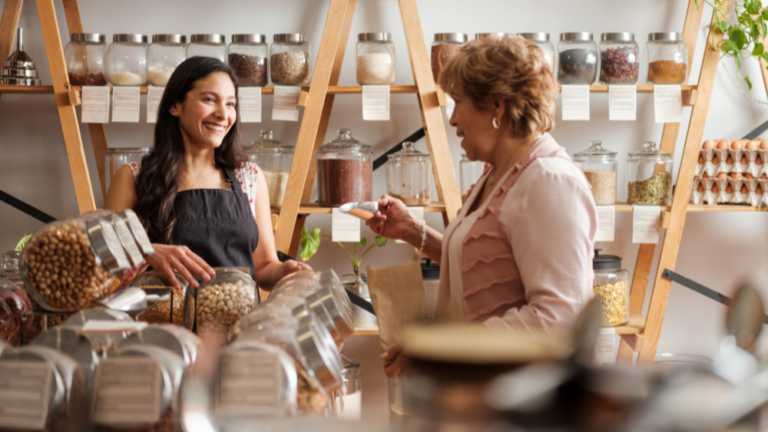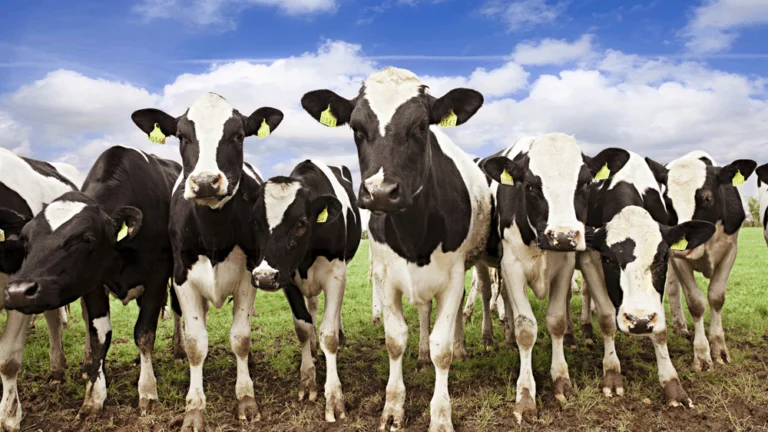
The outlook of international trade for the food and drink sector
The UK’s food and drink sector stands at a pivotal point in its international trade journey. In 2023, the sector’s export value hovered below £25 billion. This reflects a 2% decline compared to the year before. While uncertainties persist, British exports continue to show resilience. To unlock the full potential of international trade, UK businesses need practical support.
The Brexit effect
When the UK left the EU, it brought about a degree of uncertainty for the food and drink sector. Changes in trade agreements, regulations and tariffs all impact the supply chain. Businesses had to adapt to the new trade environment. Some businesses explored domestic opportunities. Others diversified their distribution channels and customer and supplier bases.
In October 2023, the Institute of Economic Affairs (IEA) published a report with recent trade data. It states that “Brexit has not had a major detrimental effect on UK–EU trade” despite the uncertainty.
Trade continued to grow between 2016 and the conclusion of the Brexit transition in 2020. This proves that Brexit uncertainty did not reduce UK-EU exchange. Furthermore, UK goods exports rose by 13.5% to EU countries and 14.3% to non-EU countries between 2019 and 2022. The report does not mention sector-specific goods from the food and drink industry. It would be interesting to learn whether this was the actual experience of businesses in the sector.
Since the end of the Brexit transition period, the cost of trading with the EU increased. Further checks at customs slow down the proficiency of the UK supply chain. It is important to note that the long-term effects of Brexit are still emerging. Data so far shows that it has not had a major impact on UK-EU trade. Instead, other factors influenced trading patterns more. These included the Covid-19 pandemic and rising global energy prices.
Beyond the European Union
Outside of Europe, opportunities continue to lie in solidifying current trade relationships. Now, we are trying to forge new partnerships with the US, Canada, Australia, and the Middle and Far East. Trading with each country/region brings its own challenges and opportunities.
The US is increasing its attraction to clean label brands. Clean labels include:
- Natural ingredients and a lack of artificial ingredients
- Protein claims that resonate with health-conscious consumers
- Traditional claims (e.g., low fat, reduced sugar)
Canada values quality food and beverages. This creates a market for British products like cheese, whisky, and speciality chocolates.
Australia remains a crucial trading partner for the UK. Australian consumers appreciate British culinary heritage. This creates demand for products like marmalade, gin, and shortbread. Collaborating with Australian retailers will emphasise British authenticity while capitalising on seasonal trends.
The Middle East has a growing appetite for premium food and beverages. The UK should monitor developments in the region and adapt its trade strategies accordingly.
Conflicts in the Middle East disrupt sea shipments through the Red Sea and Suez Canal. This impacts the trade links between Europe and Asia. To mitigate risks, the UK should diversify trade routes. We should also strengthen ties with other Asian markets. Asian countries such as China, Japan, and South Korea offer immense potential. British products like whisky, tea, and biscuits are in high demand.
Trade predictions going forward
According to a report by IBISWorld, imports make up for a large portion of the domestic market. Predictions for 2023-24 suggest imports will account for two-thirds (64.4%) of the domestic market. This is an increase from 48.6% during the peak of the pandemic in 2020-21.
There is scope for innovation if you are looking to expand your business by trading overseas. Consumers now seek out products and flavours that feed into their sense of adventure. For example, British tea, biscuits, and alcoholic beverages, have a strong appeal in the US. Keep an eye on international food and drink trends to maximise on the return of investment.
There are a variety of global macro trends affecting food and drink businesses. In 2024, consumers are:
- Analysing their impact as individuals
- Adjusting their shopping habits and lifestyle choices
- Prioritising their health and eating more nutritious foods
- Balancing their personal preferences with necessities due to increased costs
- Preparing and managing their resources in case of emergency
In summary, British food and drink businesses thrive when they understand market nuances. Adapt to local preferences. Contact us if you need help navigating regulatory complexities. Our dedicated customs team are happy to assist. For further insights relating to the food and drink sector, get in touch with our sector lead, Nick Farrant.
Written by












